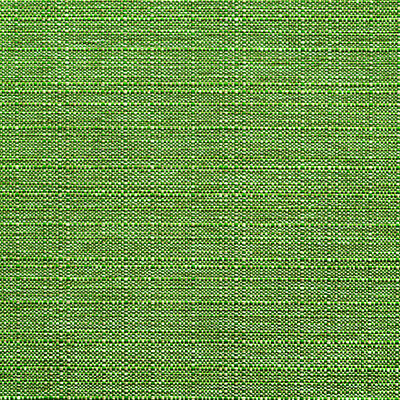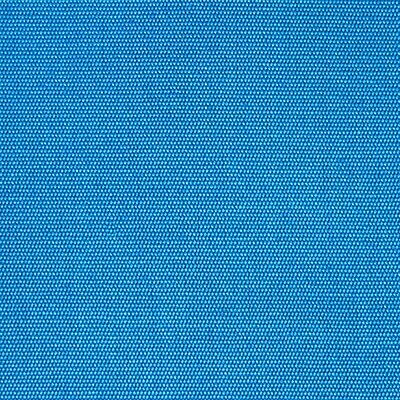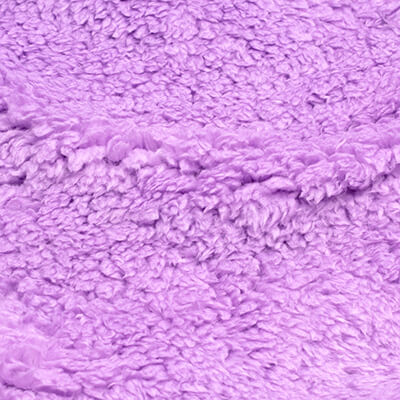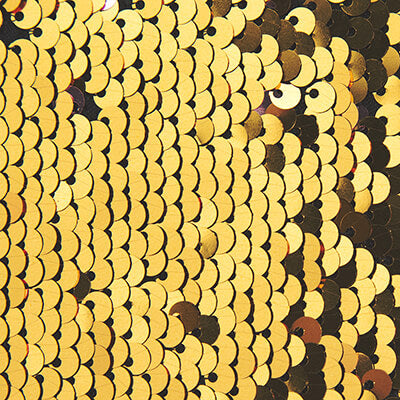Conozca otras telas

Tela de lona
Sumérgete en el mundo del material de lona: un tejido versátil y duradero con una rica historia. Conozca sus características, explore su amplia gama de aplicaciones, desde el arte hasta el uso industrial, y encuentre valiosos consejos de cuidado para maximizar su longevidad en esta guía detallada.

Tela de vinilo
Descubra el versátil mundo del material vinílico: sus características, historia y amplia gama de aplicaciones. Explore cómo el vinilo ha evolucionado hasta convertirse en una opción resistente y adaptable en industrias como la construcción, la automoción, la moda y la atención sanitaria.

Tejido de poliéster
Sumérgete en el mundo de tejidos versátiles y sostenibles como el poliéster. Descubre sus características, historia, usos y consejos de cuidado en nuestro artículo informativo. Explore cómo estos tejidos están dando forma a las industrias modernas y adoptando prácticas ecológicas.

Tela de felpa
Descubre el mundo de los tejidos de felpa: explora sus cualidades suaves y lujosas, profundiza en su evolución histórica, aprende sobre sus usos versátiles y encuentra consejos de cuidado esenciales para el mantenimiento de los artículos de felpa. ¡Experimente la suavidad como nunca antes!

tela de nailon
Descubra el atractivo duradero del material de nailon: sus características distintivas, su fascinante historia, sus aplicaciones versátiles y sus consejos de cuidado esenciales para garantizar la longevidad y el rendimiento. Explora el mundo del nailon como nunca antes.

Tela de lentejuelas
Sumérgete en el mundo de las telas de lentejuelas, donde el brillo se une a la sofisticación. Descubra su historia, explore diversas aplicaciones y aprenda consejos de cuidado esenciales para mantener relucientes sus tesoros adornados con lentejuelas durante muchos años.




